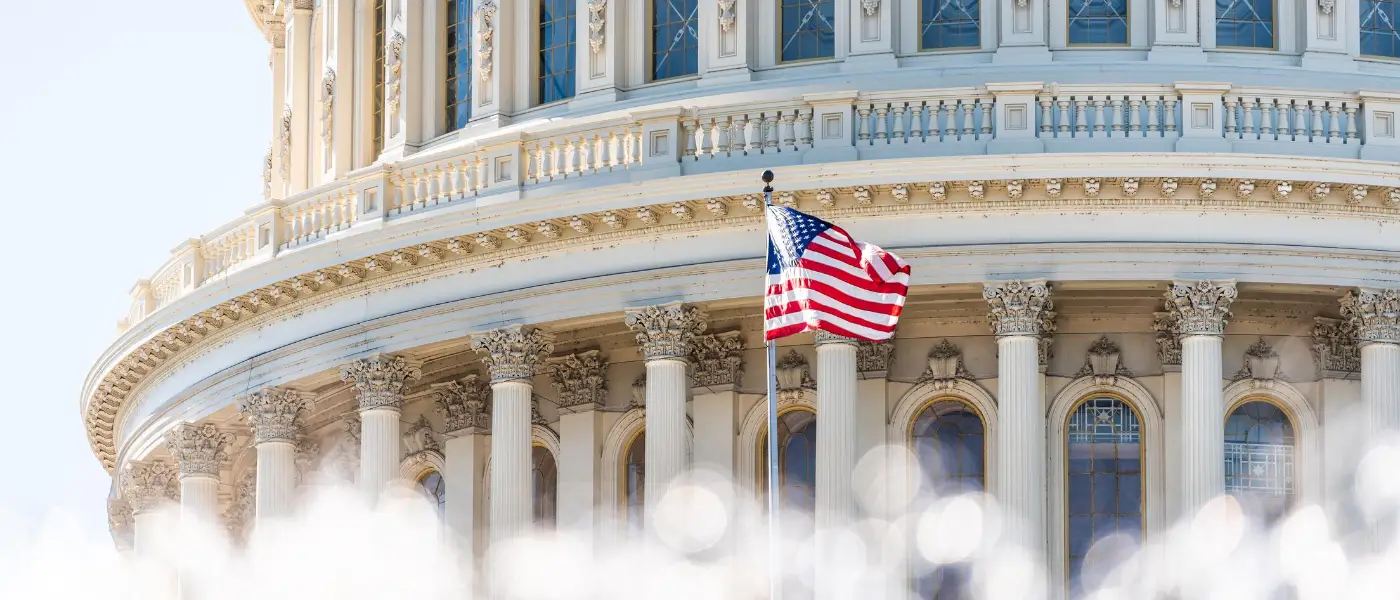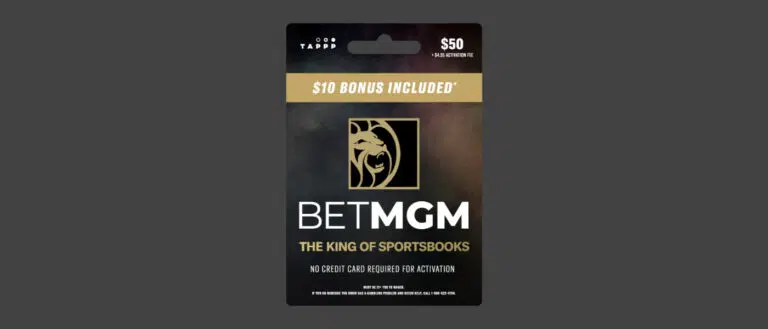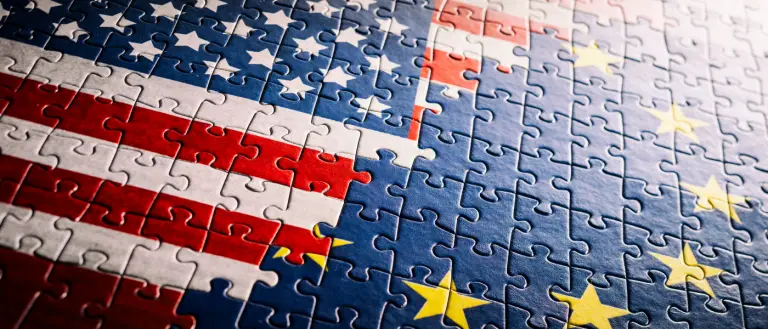Senate Judiciary Sports Betting Hearing: What Really Happened

If you tuned into the live stream of yesterday’s Senate Judiciary Committee hearing dubbed, “Protecting the Integrity of College Athletics,” hoping for rational discussion on sports betting policy, you were probably disappointed.
The bulk of the hearing was spent not on sports betting in the USA, but discussing the even thornier issue of student-athlete compensation, and what if anything Congress should do to make NIL (name, image, and likeness) policies uniform across the country.
Sports betting was tacked on to the end, and on that front, the hearing was a big nothing burger. At least on the surface.
That raises the question, why was sports betting even on the agenda?
Establishing a Record
As John Pappas pointed out on Twitter in the immediate aftermath of the hearing, the goal may have been to establish a record.
In addition to the coincidental timing of the 2018 hearing mentioned by Pappas, and the subsequent Wire Act opinion, Congress also has a track record of sneaking gaming legislation into larger bills.
In 2006 Congress upended the US online gaming industry when it attached the Unlawful Internet Gambling Enforcement Act (UIGEA) to the Safe Ports Act through a tenuous link to terrorism. The lesson from 2006 is, don’t be surprised if Congress rolls some sports betting regulations into legislation dealing with the more significant issue of NIL.
Sports Betting Safe for Now?
Based on Chairman Lindsey Graham’s conclusory comments, it doesn’t sound like federal action is coming in 2020. That said, Congress will need to act quickly (likely early next year) if it intends to create a national framework governing NIL rules, as Florida’s state-specific NIL law takes effect in July 2021.
Unfortunately, rushed legislation often leads to flawed legislation. Not to mention, Congressional action doesn’t have to be a net-negative for the sports betting industry. It certainly has the potential to go sideways really fast, but that’s not a guaranteed outcome.
A Roadmap for Positive Federal Intervention
Assuming Congress will wade into sports betting policy, here is what the industry and its advocates should push lawmakers to address:
- Set minimum regulatory standards for states
- Nationalize responsible gaming and problem gambling
- Create no-go zones prohibiting certain types of wagers and events
- Designate money from the federal excise tax to problem gambling and enforcement
The first three bullet points will require careful consideration. The final point is simple, and any change Congress makes on that front will be for the better.
Each of these topics could be a lengthy column, so for the sake of brevity, here is a summary of each issue. And of course, overreach, or vague language could quickly turn each of the following ideas into a negative for the US sports betting industry.
Minimum Regulatory Standards
If Congress intends to involve itself in sports betting, it should look to set the floor for states and not impose burdensome hurdles that look more like a ceiling. In effect, the federal government’s role is to make sure that there is a minimum threshold states must meet. That allows states to determine if and how far they want to go above and beyond the federal mandates.
The federal mandates could cover anything from geolocation and KYC checks to setting a minimum age standard of 18 years old. No state has ever considered going below 18, or offering online gambling without KYC and geolocation, as such, a federal mandate simply removes it from the debate and lets states focus on more critical issues.
Centralize Responsible Gaming and Problem Gambling Functions
During a presentation during the 2020 NCPG Symposium, NCPG Executive Director Keith Whyte highlighted the absurdity of having dozens of problem gambling hotlines, and how the hotline might reject a caller for nothing more than residing out of state.
Further, nationalizing these programs would allow people to self-exclude nationwide and better tailor the self-exclusion experience to their own needs (you can find more on that topic in this recent column).
Prohibited Wagers and Event List
Similar to setting a floor for regulatory standards, the federal government could create a prohibited list of wagers that would eradicate a lot of unnecessary debates at the state level. The prohibited list could include high school athletics, politics, certain single occurrence events in-game, and several other markets.
Again, most states have no interest in allowing these anyway, but it takes rancorous debates about betting on balls and strikes off the table. In rare cases, like the ludicrous attempt by West Virginia to offer political betting, the federal rules protect states and operators from self-harm.
Designate Money from the Federal Excise Tax
The federal government is already involved in sports betting, as .25% of all sports wagers trickle into federal coffers. But none of that money is accounted for, and none of it goes towards sports betting related programs.
As the amount the government receives continues to increase, a significant portion should now be earmarked for problem gambling and enforcement of existing laws against illegal operators.
Of course, there’s also a new effort to repeal the federal excise tax in the House of Representatives. According to an AGA press release:
American Gaming Association (AGA) President and CEO Bill Miller released the following statement on bipartisan legislation Reps. Dina Titus (NV-01) and Guy Reschenthaler (PA-14) introduced today to repeal the federal excise and head taxes:
“The federal excise and head taxes levied on legal U.S. sportsbooks generate little meaningful revenue for the government. Instead, they place legitimate businesses at a significant competitive disadvantage against illicit gambling operations which skirt taxes and licensing fees. Though originally enacted in the 1950’s as a tool to curb illegal gambling, these antiquated federal taxes now give illegal operators a leg up.







